About Adena
About Adena
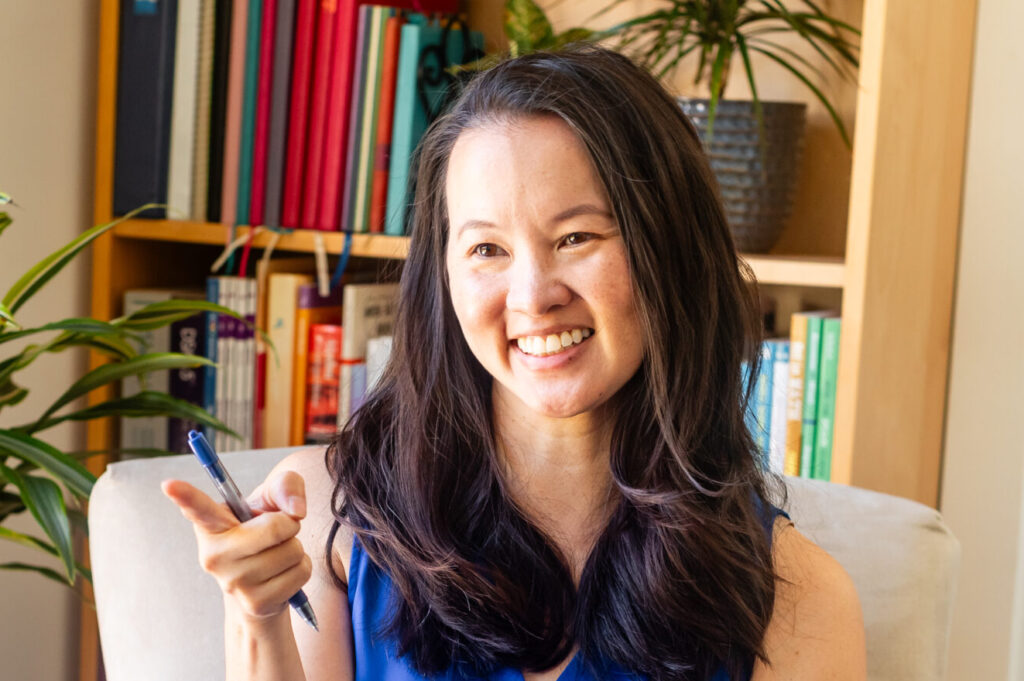
Hi, I'm Adena
I am a school psychologist and math teacher based in the San Francisco Bay Area.
I support middle and high school students with dyscalculia, ADHD, and other math learning challenges, and help parents, educators, and schools to create effective support systems for struggling math students.
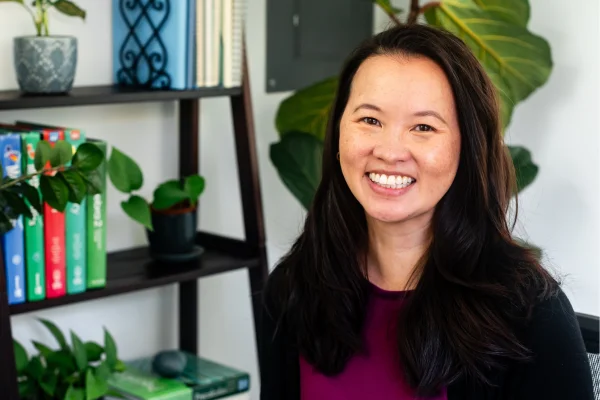
I believe in creating positive and meaningful learning experiences for all math students.
My Philosophy
All Kids Can Learn Math
Students with learning disabilities are just as capable of learning math as neurotypical and mathematically advanced students. When given the instruction and accommodations they need, it’s possible for ALL students to develop deep mathematical understanding and become strong mathematical thinkers and problem solvers.
Neurodiverse Students Need Intentional Instruction
Students with math learning disabilities struggle predominantly because their brains work differently than other students. They learn best when we teach to their cognitive strengths, and accommodate and build skills to address their brain-based challenges.

A Strong Mathematical Foundation is Key
Math is a subject that builds on itself, especially in middle and high school. Students need to start with a solid understanding of middle school math in order to have a strong foundation that will support them in more advanced levels of mathematics.
Whole-Child Support is Essential
It’s extremely common for students with math learning disabilities and challenges to feel stress, anxiety, and self-doubt. It’s important to me to support students’ emotional well-being and help them to grow their confidence as they learn math.

Math teaching is part art and part science. It requires pedagogical content knowledge, understanding how kids learn, and identifying individual learning differences, plus a lot of creativity, flexibility, empathy, and compassion.
My Background
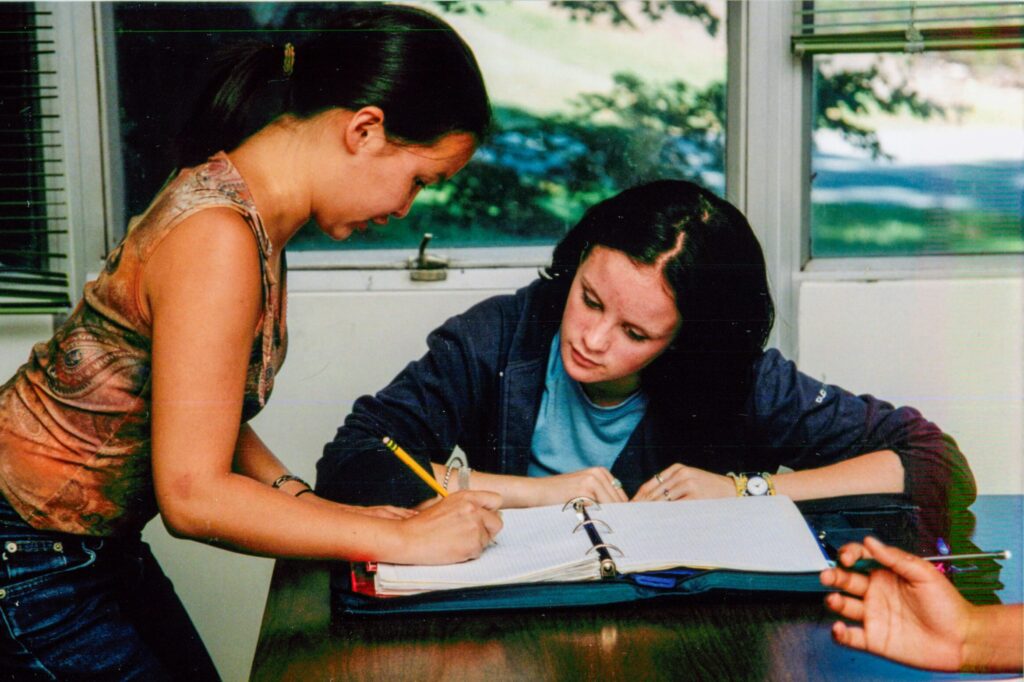
Early Teaching & Tutoring
My first teaching role came at 16, when the West Contra Costa Unified School District hired me as a peer math tutor.
Soon after, I apprenticed with a fantastic math teacher as a TA for UC Berkeley’s Academic Talent Development Program (ATDP) and loved it. I went on to be a lead math teacher for ATDP’s Foundations of Algebra and Introduction to Geometric Thinking courses.
During and after graduate school, I returned to ATDP as an instructor, math department chair, study lab coordinator, math club organizer, and eventually the program’s interim director.
While in college, I also worked as a writing tutor at UCLA and as a private high-school math tutor. I knew I enjoyed teaching and wanted to understand the science behind it. Courses in applied developmental psychology led to a preschool internship, and I loved the experience so much that I spent two years teaching preschool in Santa Monica and San Francisco.
Becoming a School Psychologist
My preschool work led me to school psychology—a field focused on how kids learn and develop, and on building clinical skills to support students while helping teachers and schools do the same.
I’ve worked in school districts across the San Francisco Bay Area—including Oakley Union, South San Francisco, Brentwood Union, and Oakland Unified—serving students in preschool, elementary, and middle school, in both public and nonpublic settings.
I’ve also had the pleasure of working as an upper-school learning specialist and teacher consultant at Black Pine Circle School in Berkeley.
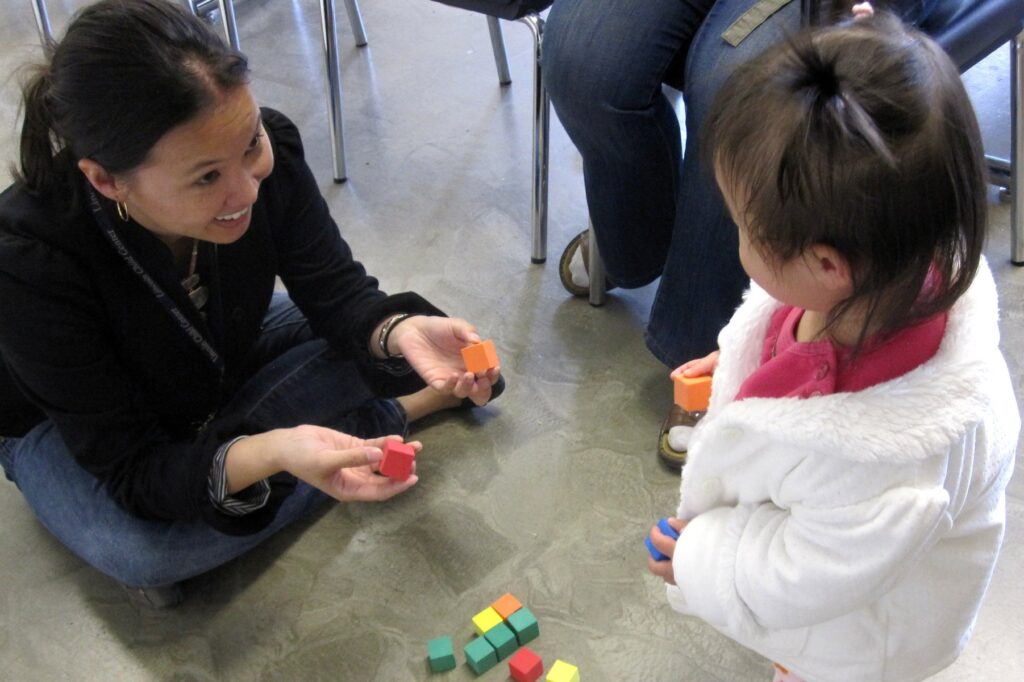
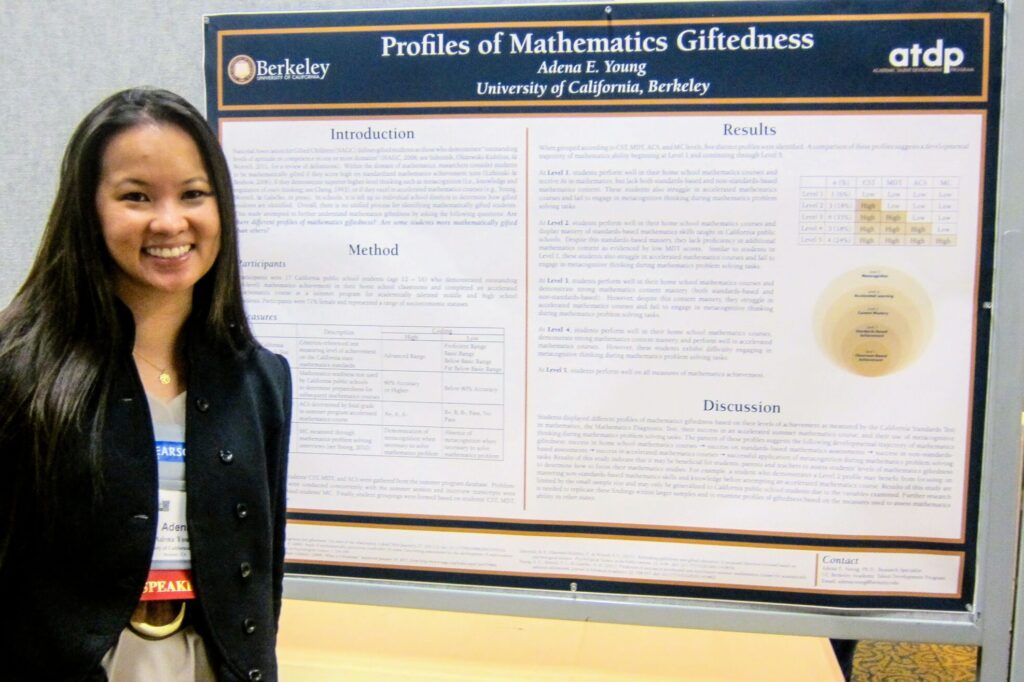
A Scientist–Practitioner At Heart
As an educator, I love blending the art of teaching and clinical practice with the science of pedagogy and child development. Research and theory inform our practice; our real experiences with students and classrooms lead us to new inquiry and development.
In graduate school and as post-doctoral scholar, I studied how factors like self-efficacy and metacognition impact students’ mathematical thinking and performance. I’ve shared this work in peer-reviewed journals and at national conferences.
One of my favorite roles is training other educators. I have been a lecturer for UC Berkeley’s School Psychology program and continue to give guest lectures to Bay Area colleges, universities, and educational organizations on supporting students with math learning disabilities.
Math Education Meets School Psychology
In 2014, I opened a private practice dedicated to students with math learning disabilities and other math learning challenges.
Over the last 10+ years, I’ve provided more than 3,900 hours of one-on-one instructional support for students with dyscalculia, ADHD, math anxiety, and other learning differences. My students have taught me practical insights that are rarely covered in teacher-preparation programs—why students struggle in math and what actually helps.
As my practice evolves, I’m committed to continuing specialized support for students with significant math challenges and sharing what I know with educators who want to better support their struggling math learners.
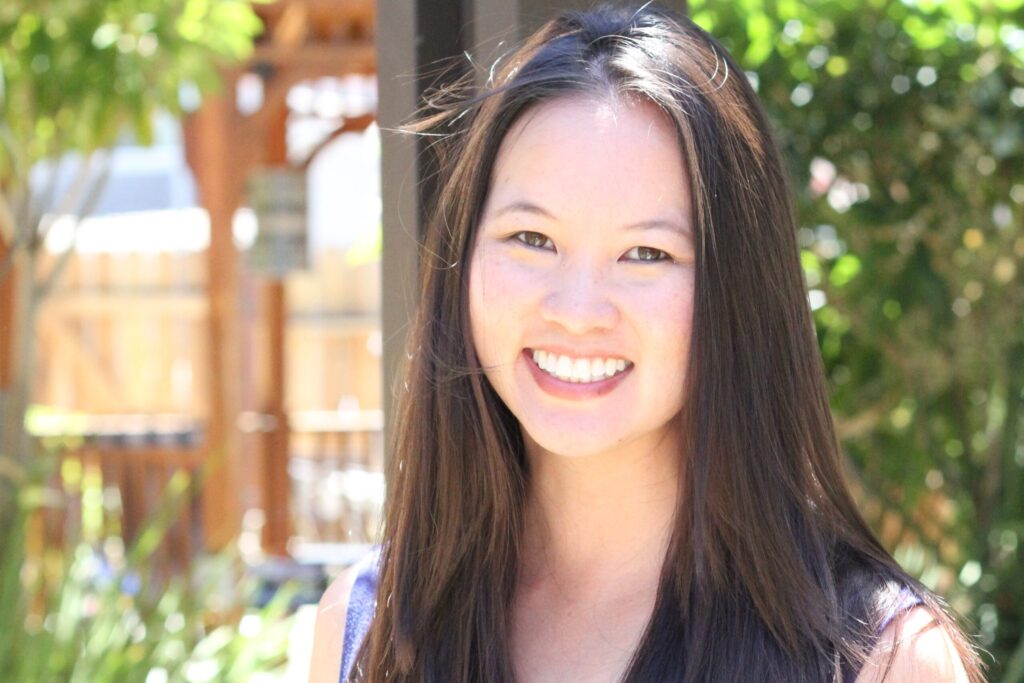
“From very early on, we saw the positive effects of Adena’s efforts on our daughter’s math comprehension… Because Adena was able to fill in where there were gaps in our daughter’s math curriculum, there were times in which she was actually tutoring other students.”
~Parent of a Former Student, Grades 5–11
“Adena worked with my daughter every week to help her learn not only how to solve math problems, but also how to manage her anxiety and emotions around math… My daughter went from a girl who quite literally couldn’t add 7 + 5 to taking AP Calculus, earning an A and a 5 on the AP exam.”
~Parent of a Former Student, Grades 6–9
My Credentials
Academic Degrees
Ph.D. Education (School Psychology)
University of California, Berkeley
M.A. Education (School Psychology)
University of California, Berkeley
B.S. Neuroscience
University of California, Los Angeles
Professional Licenses
California LIcensed Educational Psychologist
License #3475
California Pupil Personnel Services Credential
School Psychology Authorization
My Publications and Presentations
Publications
Doctoral Dissertation
Young, A. E. (2010). Explorations of metacognition among academically talented middle and high school mathematics students (Doctoral dissertation). Available from Proquest UMI Dissertation Publishing database. (Proquest No. 2128952731)
Book Chapters
Worrell, F. C., & Young, A. E. (2011). Gifted children in urban settings. In T. L. Cross & J. R. Cross (Eds.), Handbook for counselors serving students with gifts and talents (pp. 137 – 152). Austin, TX: Prufrock Press.
Saxe, G. B., Gearhart, M., Shaughnessy, M. M., Earnest, D., Cremer, S., Sitabkhan, Y., … Young, A. (2009). A methodological framework and empirical techniques for studying the travel of ideas in classroom communities. In B. Schwartz, T. Dreyfus & R. Hershkowitz (Eds.), Transformation of Knowledge in Classroom Interaction. Amsterdam: Elsevier.
Journal Articles
Young, A. E., & Worrell, F. C. (2018). Comparing metacognition assessments of mathematics in academically talented students. Gifted Child Quarterly. doi:10.1177/0016986218755915
Young, A. E., Worrell, F. C., & Gabelko, N. H. (2011). Predictors of success in accelerated and enrichment mathematics courses for academically talented adolescents. Journal of Advanced Academics, 22, 558-577. doi:10.1177/1932202X11414821
Presentations
Research Presentations
Young, A. E. (2011, December). Profiles of mathematics giftedness. Poster presented at the Annual Convention of the National Association for Gifted Children, New Orleans, LA.
Young, A. E. (2011, April). Examining the context-specific nature of metacognition in mathematics problem solving. Paper presented at the Annual Meeting of the American Educational Research Association, New Orleans, LA.
Young, A. E. (2010, August). Examining the construct validity of Junior Metacognitive Awareness Inventory scores. Poster presented at the Annual Convention of the American Psychological Association, San Diego, CA.
Young, A. E. (2010, August). Contextualizing metacognition and academic achievement: An examination of students’ thinking during problem solving. Poster presented at the Student Affiliates in School Psychology Mini-Convention, San Diego, CA.
Young, A. E. (2008, April). Predictors of mathematics achievement among academically talented middle and high school students. Roundtable presented at the Annual Meeting of the American Educational Research Association, New York, NY.
Saxe, G. B., Shaughnessy, M. M., Earnest, D., Cremer, S., Platas, L. M., Sitabkhan, Y., & Young, A. (2007, October). Fractions on the number line: The travel of ideas. Paper presented at the Twenty Ninth Annual Meeting of the North American Chapter of the International Group for the Psychology of Mathematics Education, Reno, NV.
University Lectures
Young, A. E. (2022, September). 3 Big Ideas About Math Learning Disabilities. Presentation for Holy Names University’s Bay Area Teaching Training Institute, Course: Neurodiverse Classrooms, San Francisco, CA.
Young, A. E. (2021, February; 2019, March). Conceptualizing and Assessing Math Learning Disabilities. Guest Lecture for UC Berkeley Graduate School of Education, Course: Assessment and Education of Exceptional Pupils (EDUC 207D), Berkeley, CA.
Young, A. E. (2020, November). 3 Big Ideas About Math Learning Disabilities. Presentation for St. Mary’s Kalmanovitz School of Education, Course: Introduction to Neuropsychological Assessment, Moraga, CA.
Young, A. E. (2019, March). A Psychoeducational Approach to Understanding and Supporting Students with Math Learning Difficulties and Disabilities. Guest Lecture for UC Berkeley Graduate School of Education, Course: Educational Interventions for the School Psychologist (EDUC 213D), Berkeley, CA.
Young, A. E. (2018, February). Developing Interventions for Students with Math Learning Difficulties and Disabilities. Guest Lecture for UC Berkeley Graduate School of Education, Course: Educational Interventions for the School Psychologist (EDUC 213D), Berkeley, CA.
Young, A. E. (2018, February). Conceptualizing Mathematics Learning Disabilities and Developing Thoughtful Assessments. Guest Lecture for UC Berkeley Graduate School of Education, Course: Assessment and Education of Exceptional Pupils (EDUC 207D), Berkeley, CA.
Young, A. E. (2017, November; 2016, November; 2015, November; 2014, December; 2013, November; 2012, November; 2011, November). Developing Mathematical Thinking in Elementary Education. Guest Lecture for UC Berkeley Graduate School of Education, Course: Conceptual Bases for School Psychology (EDUC 213A), Berkeley, CA.
Young, A. E. (2017, May; 2016, April). Conceptualizing, Assessing, and Supporting Mathematics Learning Disabilities. Guest Lecture for St. Mary’s Kalmanovitz School of Education, Course: School Psychology Internship and Seminar (COUN 541), Moraga, CA.
Young, A. E. (2017, February; 2016, March; 2015, March). Conceptualizing and Assessing Mathematics Learning Difficulties and Disabilities: Research and Practice-Oriented Perspectives. Guest Lecture for UC Berkeley Graduate School of Education, Course: Assessment and Education of Exceptional Pupils (EDUC 207D), Berkeley, CA.
Young, A. E. (2017, March; 2016, March). Supporting Students with Math Learning Difficulties. Guest Lecture for UC Berkeley Graduate School of Education, Course: Educational Interventions for the School Psychologist (EDUC 213D), Berkeley, CA.
Young, A. E. (2016, March). Academic, Metacognitive and Psychosocial Factors in Secondary School Mathematics Learning. Guest Lecture for UC Berkeley Graduate School of Education, Course: Theoretical and Scientific Bases for School Psychology (EDUC 213B), Berkeley, CA.
Young, A. E. (2015, March). Math Interventions. Guest Lecture for UC Berkeley Graduate School of Education, Course: Educational Interventions for the School Psychologist (EDUC 213D), Berkeley, CA.
Young, A. E. (2015, March). The Roles of Metacognitive and Psychosocial Factors in Secondary Students’ Mathematics Development. Guest Lecture for UC Berkeley Graduate School of Education, Course: Theoretical and Scientific Bases for School Psychology (EDUC 213B), Berkeley, CA.
Young, A. E. (2012, April). “Doing Mathematics” in Secondary Schools. Guest Lecture for UC Berkeley Graduate School of Education, Course: Theoretical and Scientific Bases for School Psychology (EDUC 213B), Berkeley, CA.
Talks for Educational Organizations
Young, A. E. (2016, January). Assessing, Understanding, and Supporting Students with Mathematics Learning Challenges. Presentation for the Association for Educational Therapists San Francisco Study Group, San Francisco, CA.
Young, A. E. (2015, January). Developing Mathematical Thinkers: How Kids Learn Math, Where Learning Breaks Down, and What Educators Can Do to Support Children with Mathematics Learning Difficulties. Presentation for the Association for Educational Therapists Monthly Meeting, San Anselmo, CA.
Young, A. E. (2010, May). What’s Metacognition Got To Do With It? Presentation at the UC Berkeley Academic Talent Development Program Annual Teacher In-Service Training, Berkeley, CA.
Young, A. E. (2009, May). Predictors of Achievement in ATDP Mathematics Courses. Presentation at the UC Berkeley Academic Talent Development Program Annual Teacher In-Service Training, Berkeley, CA.
Young, A. E. (2008, May). Self-Regulated Learning: Theory into Practice. Presentation at the UC Berkeley Academic Talent Development Program Annual Teacher In-Service Training, Berkeley, CA.
“Best practices for students with atypical learning profiles are best practices for everyone.
[Adena] equips me not only with skills and tools to work with diverse math learners, but also with insight into the social and emotional aspects of learning mathematics.”
~8th Grade Math Teacher (Former Teacher Client)
“If you believe every child can learn, but sometimes you haven’t yet found the right path, Adena can help you get there. She combines deep mathematical knowledge with a genuine ability to ‘see’ the whole child.”
~5th Grade Teacher (Former Teacher Client)
Work with Me
Support for Students
Psychoeducational Math Support

Individualized support for middle and high school students with learning disabilities & challenges
Support for Educators
Consultation for Schools
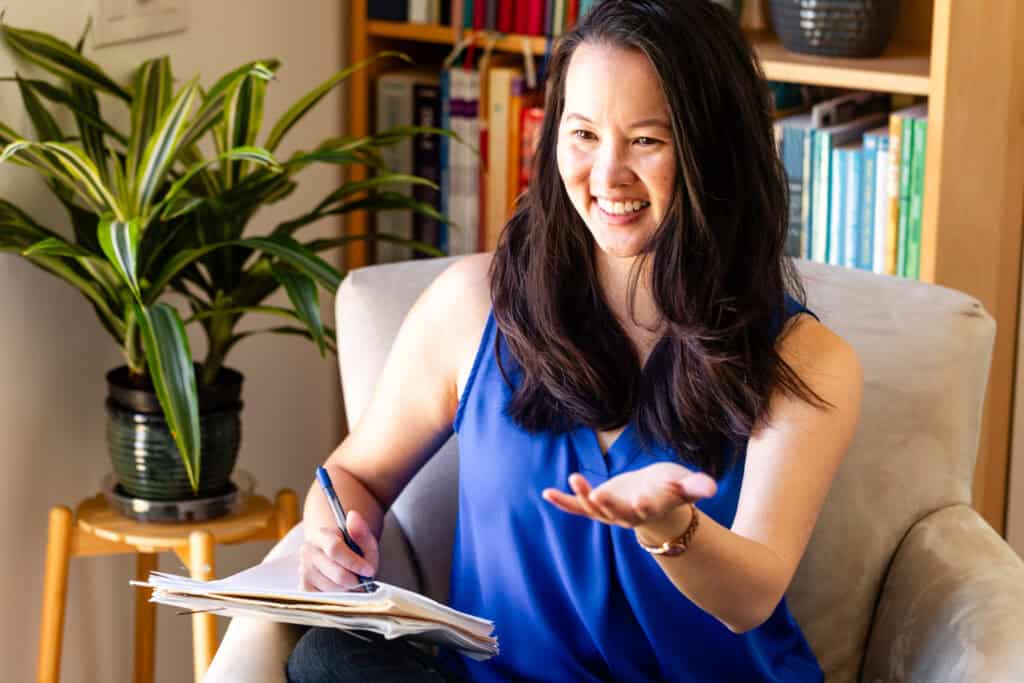
Collaborative, psychology-informed support that helps schools reach all math students.
Training for Teachers
Course for Math Teachers
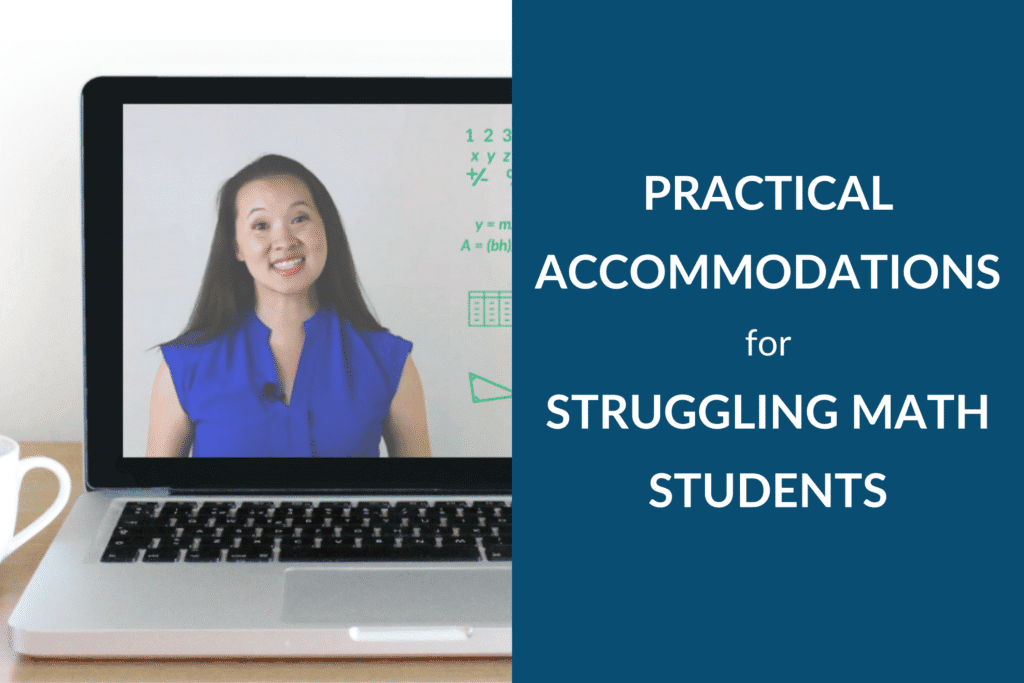
Learn 15 concrete strategies that teachers and parents can use to support struggling math students
Wondering If We're a Good Fit?
Let’s connect—we’ll talk through your context and see whether my approach fits your needs.
Or learn more about Student Support or Consultation for Schools.